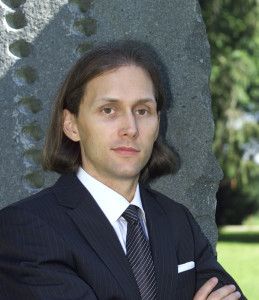Mar 22, 2017
Free The Art: Cryptocurrencies & communities unite with creators
Posted by Tatiana Moroz in categories: bitcoin, cryptocurrencies, entertainment, finance, fun, innovation, media & arts, open source, thought controlled
by Tatiana Moroz
The most moving thing to me about music is it’s ability to change. It changes the mood, the atmosphere, and it fills us with emotion. It can unify mankind in the power of good and triumph over evil regimes. What most struck me was when we saw this in the 60’s and 70’s folk songs that became anthems for the civil rights, equality, and antiwar movements. Even as a little girl, I knew that this core drive and expression for freedom was critical to the success of humanity as we marched ever closer to the nightmarish visions painted in 1984 and Brave New World.
This is a heavy and serious purpose, but one I took to heart as I created songs of hope, sadness, life, beauty and love. I noticed that the music industry seemed averse to this type of meaning based songwriting, and the radio waves were filling with more vapid nonsense by the minute. However, I kept my head down and tried to educate myself on the ways we could organize society for the better.
Continue reading “Free The Art: Cryptocurrencies & communities unite with creators” »




 Richelle Ross
Richelle Ross









